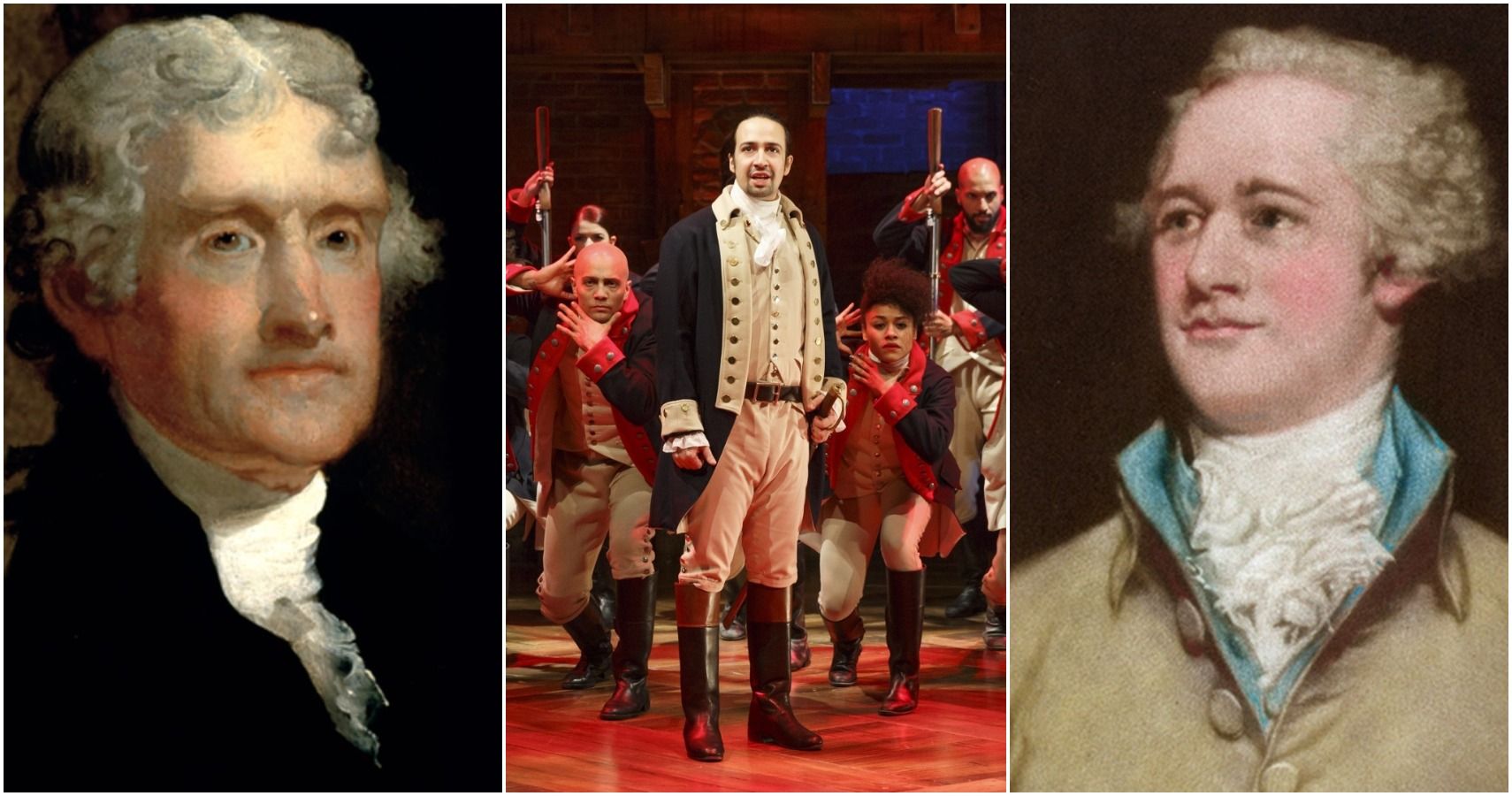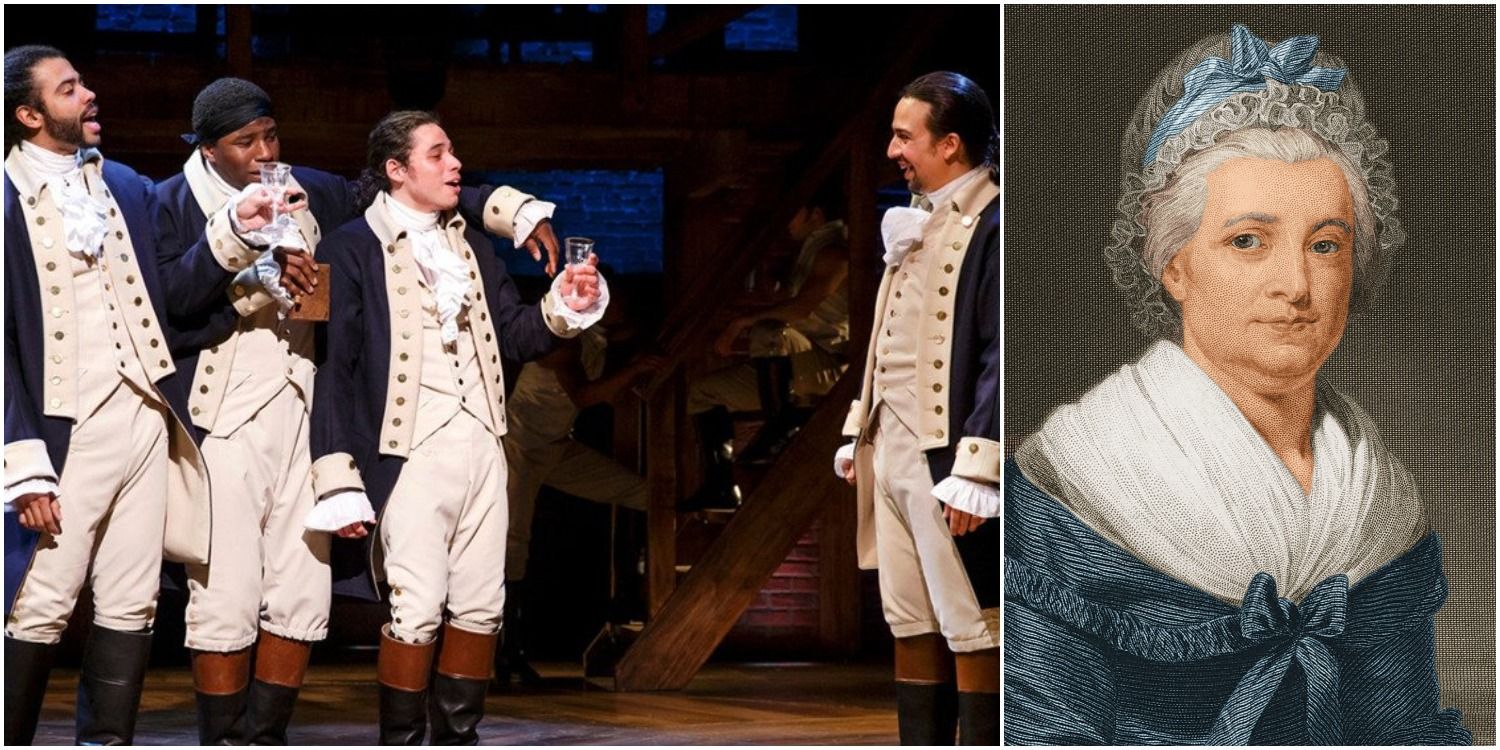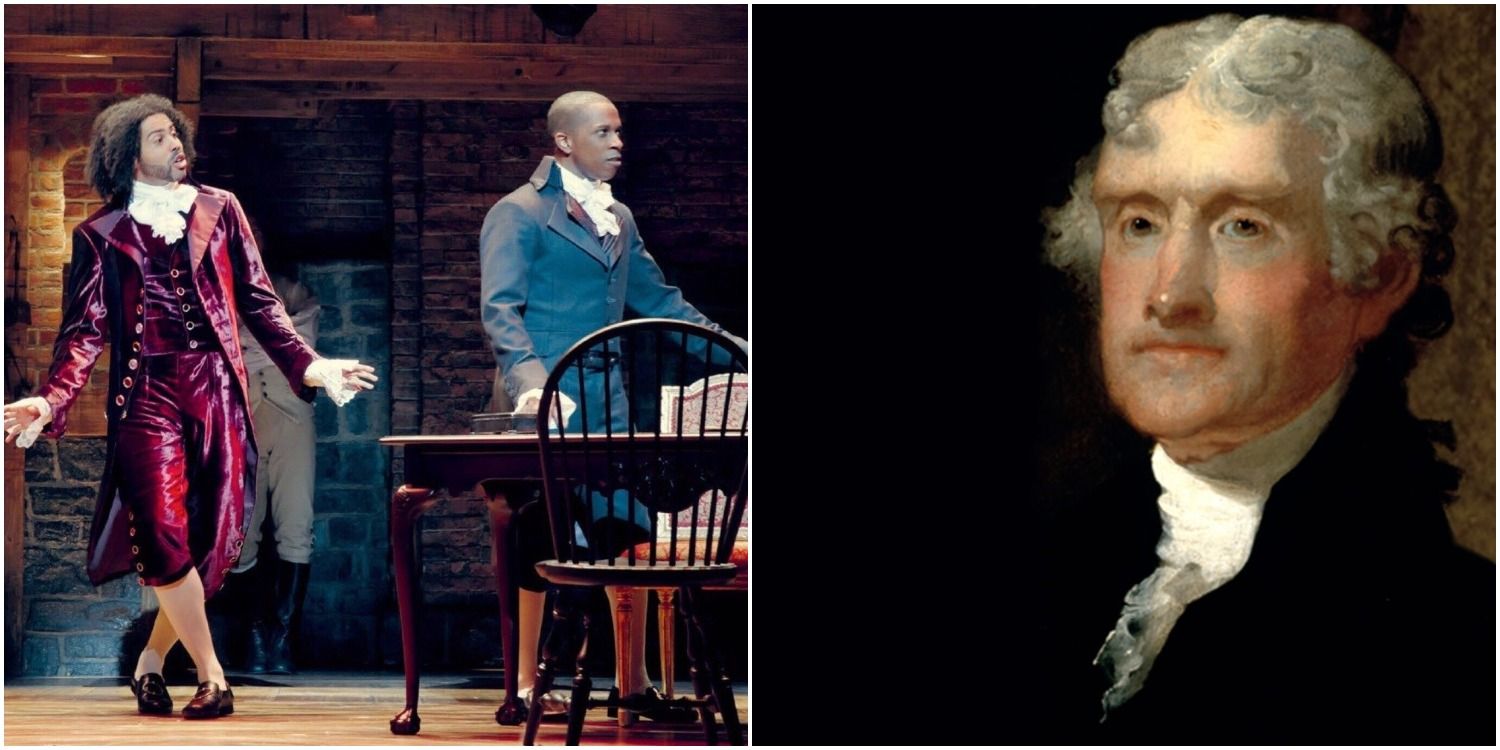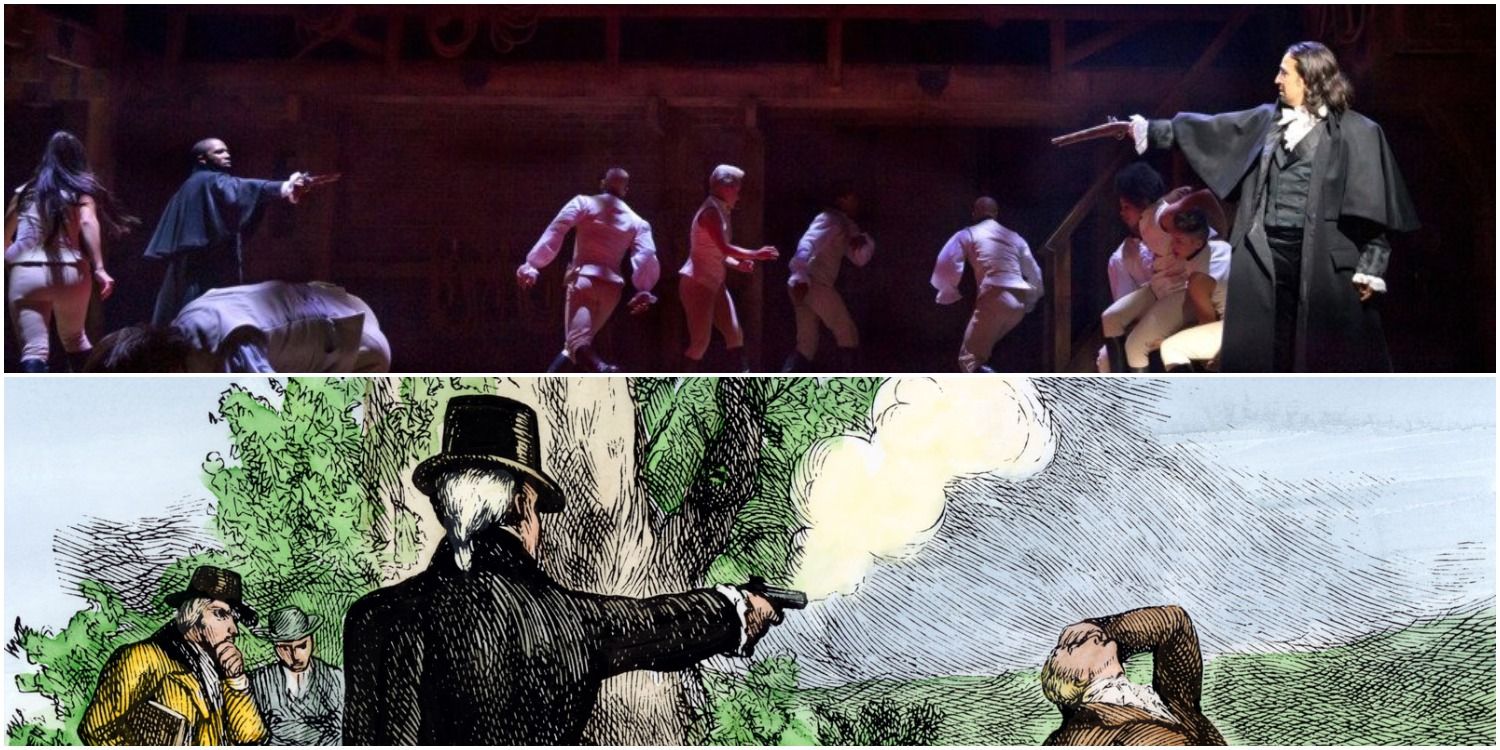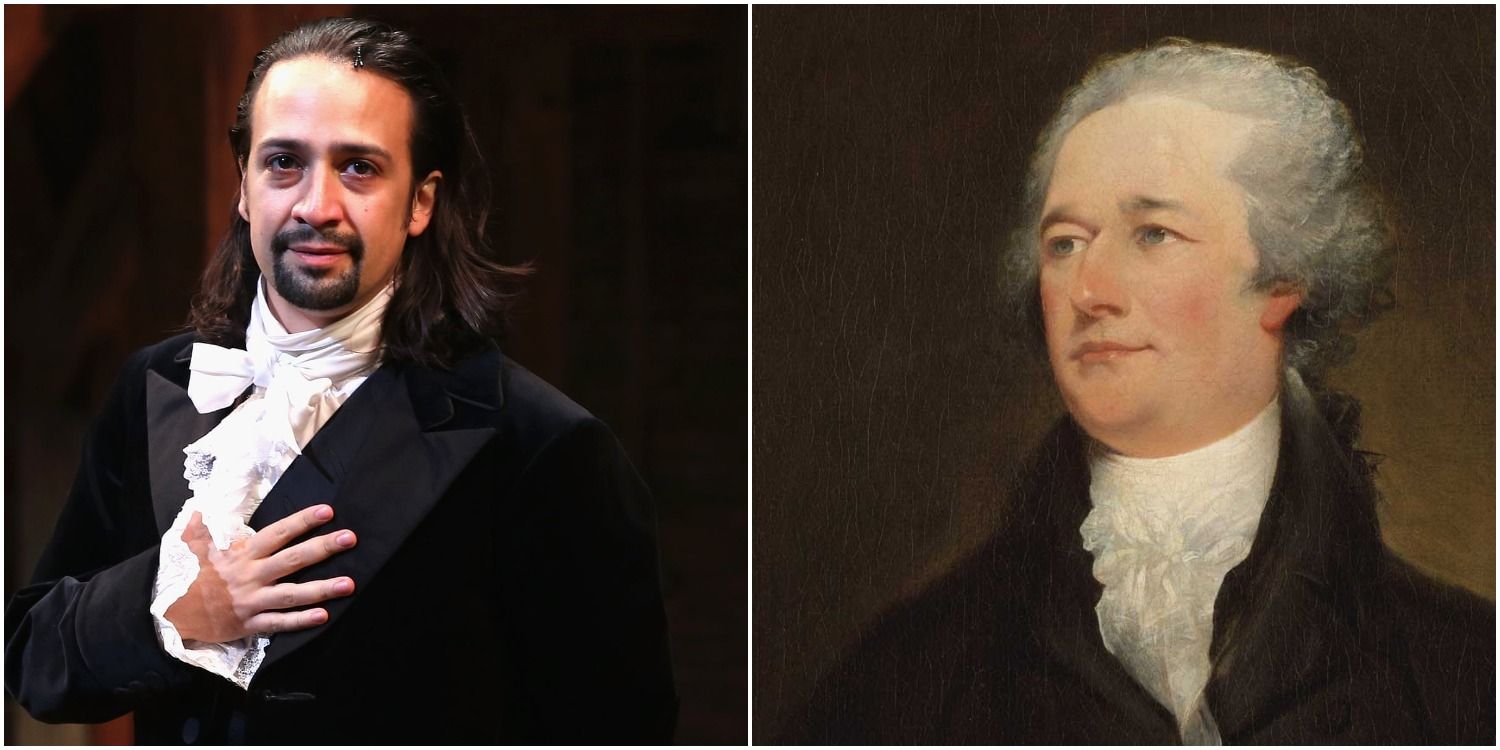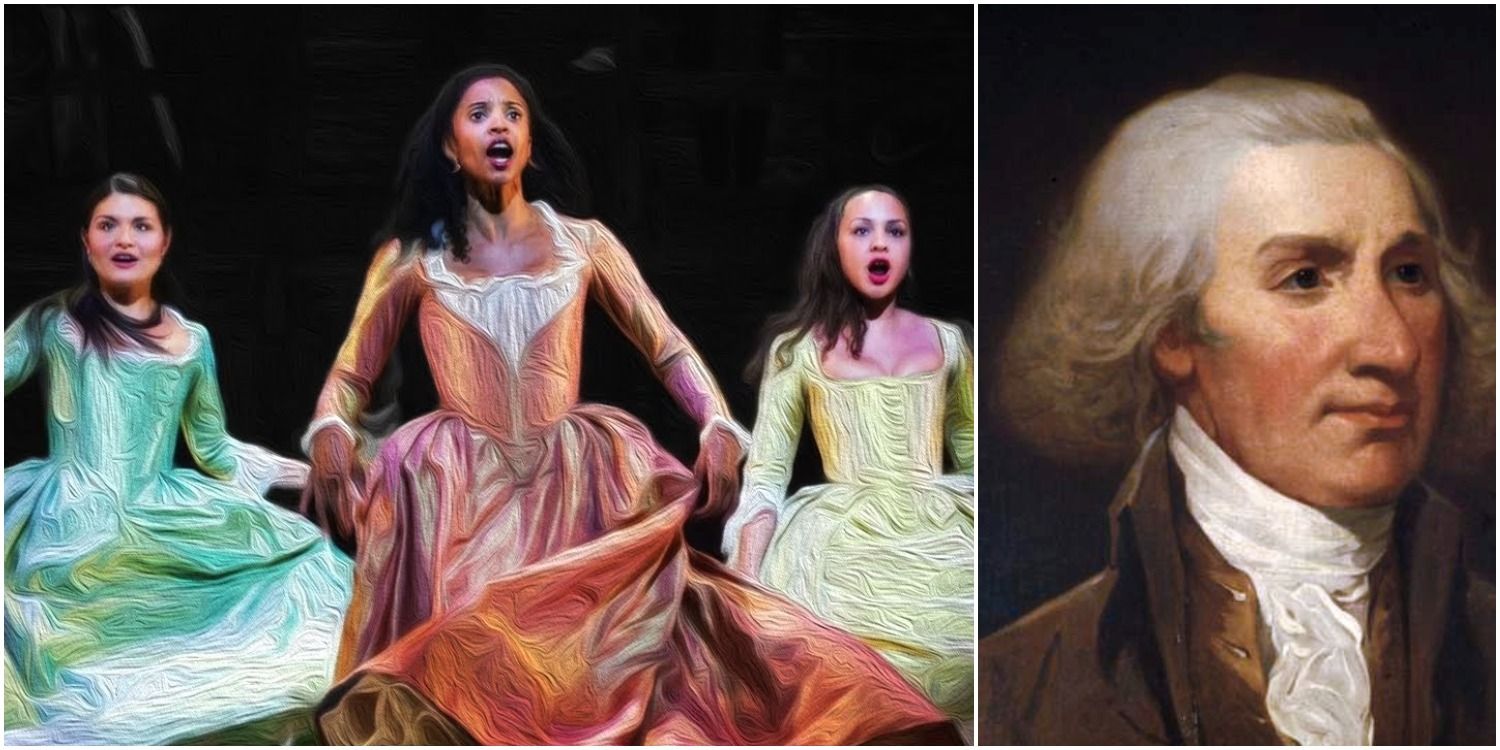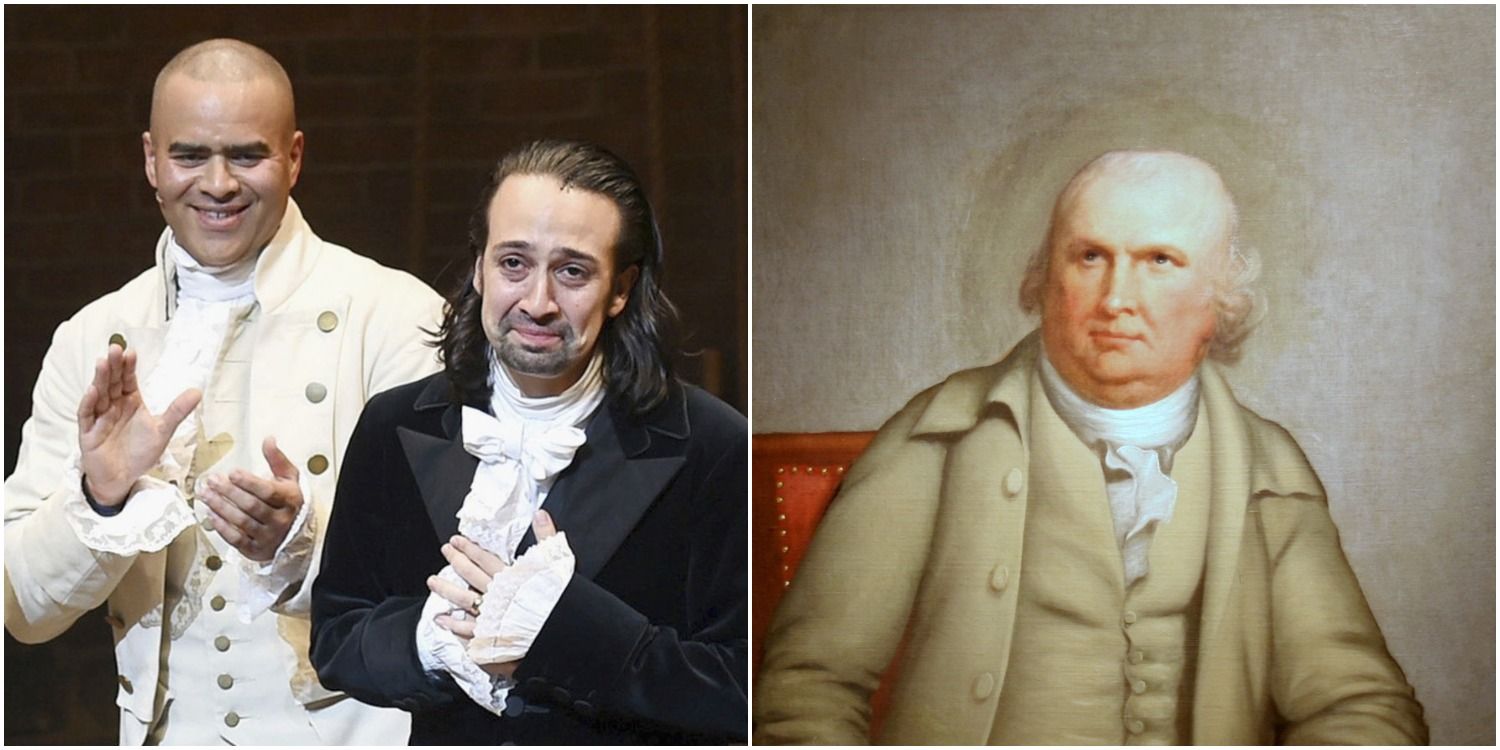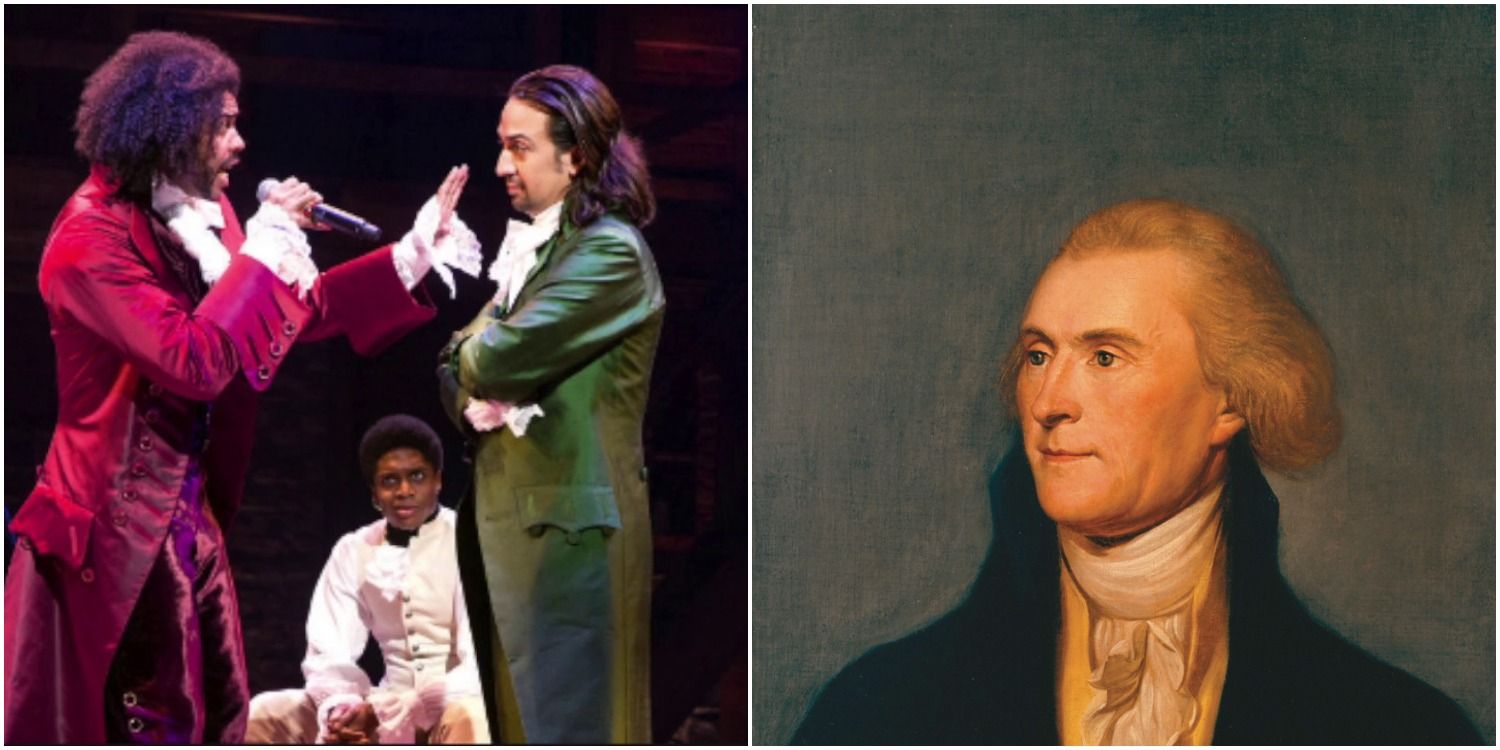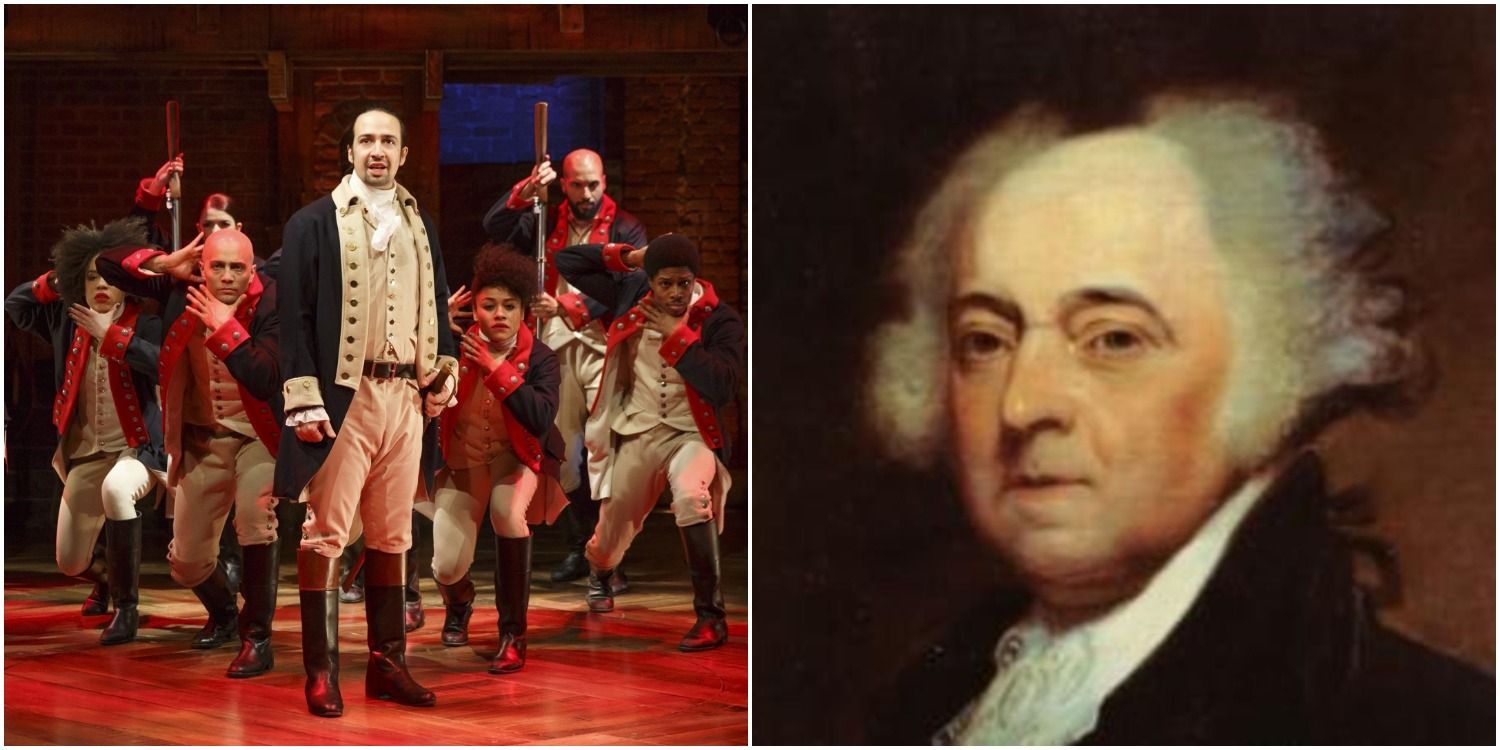Hamilton is, without a doubt, one of the biggest and most successful popular culture phenomena of the 21st century. It’s not hard to see why. In addition to the fantastic music and the great original cast, it’s a story about the founding of the United States, and about the fundamental role that immigrants played in it. What’s more, the decision to cast almost exclusively people of color in the major roles helps to heighten the awareness of how important minority communities have always been to the American experiment.
However, while the musical does take some effort to remain true to the historical record, it does make a number of changes to what actually happened.
Martha Washington Didn’t Name Her Cat After Him
In one of the more hilarious lines of the play, it’s noted that Martha Washington, aware of Hamilton’s philandering ways with women, named her tomcat after him (to which Hamilton says, “that’s true”). Unfortunately, while it’s a clever and quippy line, it’s probably not true.
In fact, there’s not a lot of evidence to suggest that Hamilton was any more prone to running around with numerous women than any of the other men of his time.
Angelica Was Already Married When She Met Alexander
One of the ongoing plot threads of the musical is the unrequited desire between Alexander and his sister-in-law Angelica. When they first meet, she says that she isn’t married but that she must do so in order to bring wealth to her family and maintain her family's status.
However, at this point in her life, Angelica was already married and had been for several years. It is true, though, that many historians suspect that there were strong feelings between Angelica and Alexander.
Madison, Jefferson, and Burr Didn’t Approach Hamilton About His Financial Misdeeds
In the second act of the play, Hamilton’s downfall from power is orchestrated by his nemeses: James Madison, Aaron Burr, and Thomas Jefferson, who threaten him with exposure of his financial misdeeds (they are wrong about his supposed embezzlement, but it is true that he was involved in a torrid affair). In reality, Hamilton was confronted by three different men, including the future president James Monroe.
Of course, it makes dramatic sense for it to be these three men since they have already played such a large part in the preceding actions of the play.
It Wasn’t the Election of 1800 That Led to the Fateful Duel
Before this play, Hamilton was probably most famous for having been killed in a duel with his rival Aaron Burr. In the play, this fatal confrontation occurs because Hamilton scuttled Burr’s plans to be president by lambasting him as a man of no principles.
In fact, it wasn’t this election that brought the two to blows, but instead, a subsequent one, when Burr was running for governor of New York. Unsurprisingly, Hamilton was very much against this.
Hamilton’s Mother Was Probably Not a Prostitute
At the beginning of the play, it’s said that Hamilton was the son of a prostitute. However, there is little to no evidence that this was the case. In fact, she was born into a fairly respectable family.
It’s unsurprising, however, that she was painted this way, considering that she did have an affair with Hamilton’s father. What’s more, the play's use of this particular fiction does make Hamilton’s rise to political power all the more extraordinary and inspiring due to the time period's stigma of extramarital affairs and prostitution that unfortunately extended toward family members of those involved.
Philip Schuyler Had Several Sons
During her fateful meeting with Hamilton, Angelica pronounces that her father has no sons (and, partly, for this reason, she is burdened with her family’s financial health). Once again, this isn’t true to the actual historical record regarding the Schuyler family.
In fact, in addition to their numerous daughters, they also had several sons. For dramatic purposes, however, it makes sense to have Angelica be a more prominent member of her family in the context of the musical.
Burr And Hamilton Probably Didn’t Meet As Early As The Show Suggests
Throughout the play, Hamilton and Burr constantly find their paths crossing one another. In almost every instance, Burr comes out on the losing side of the meeting, since Hamilton seems to possess some strange power to advance in the world, despite his humble origins and his inability to keep his mouth shut.
While they would of course encounter one another later in their lives, there’s no reason to think that their fates were quite as intertwined as the musical would have the viewer believe.
Alexander Hamilton Wasn’t Washington’s First Choice For Secretary Of The Treasury
As soon as he meets George Washington, Alexander Hamilton seems to cast a spell over the general, and this hold continues after the war and during the foundation of the Republic when Washington asks Hamilton to join his cabinet as the Secretary of State.
While this is a nice bit of the story, and while the friendship between Washington and Hamilton is quite touching, in reality, Hamilton wasn’t the first president’s first choice for that position, and it was only when the other man (Robert Morris) backed out that Hamilton was suggested.
Many Southerners Were In Tremendous Debt
During the second half of the play, Hamilton constantly finds himself contending with the force of Thomas Jefferson, who seems opposed to everything that he wants to achieve. At one point, Jefferson strenuously disagrees with Hamilton’s desire for the federal government to assume the states’ debts, claiming that southerners, who supposedly were financially secure, shouldn’t have to pay for others.
In fact, many southern planters, including Thomas Jefferson himself, were always in debt and frequently teetered on the brink of insolvency.
John Adams Didn’t Fire Hamilton
Though he doesn’t appear on the stage, John Adams still has a role to play, particularly as the Federalists start to collapse in the second act. The play states that Adams fired Hamilton, since the two didn’t get along, but this runs counter to the facts of the situation.
By the time that Adams became president, Hamilton had already been out of the government for some time. It makes for a nice bit of drama, though.

